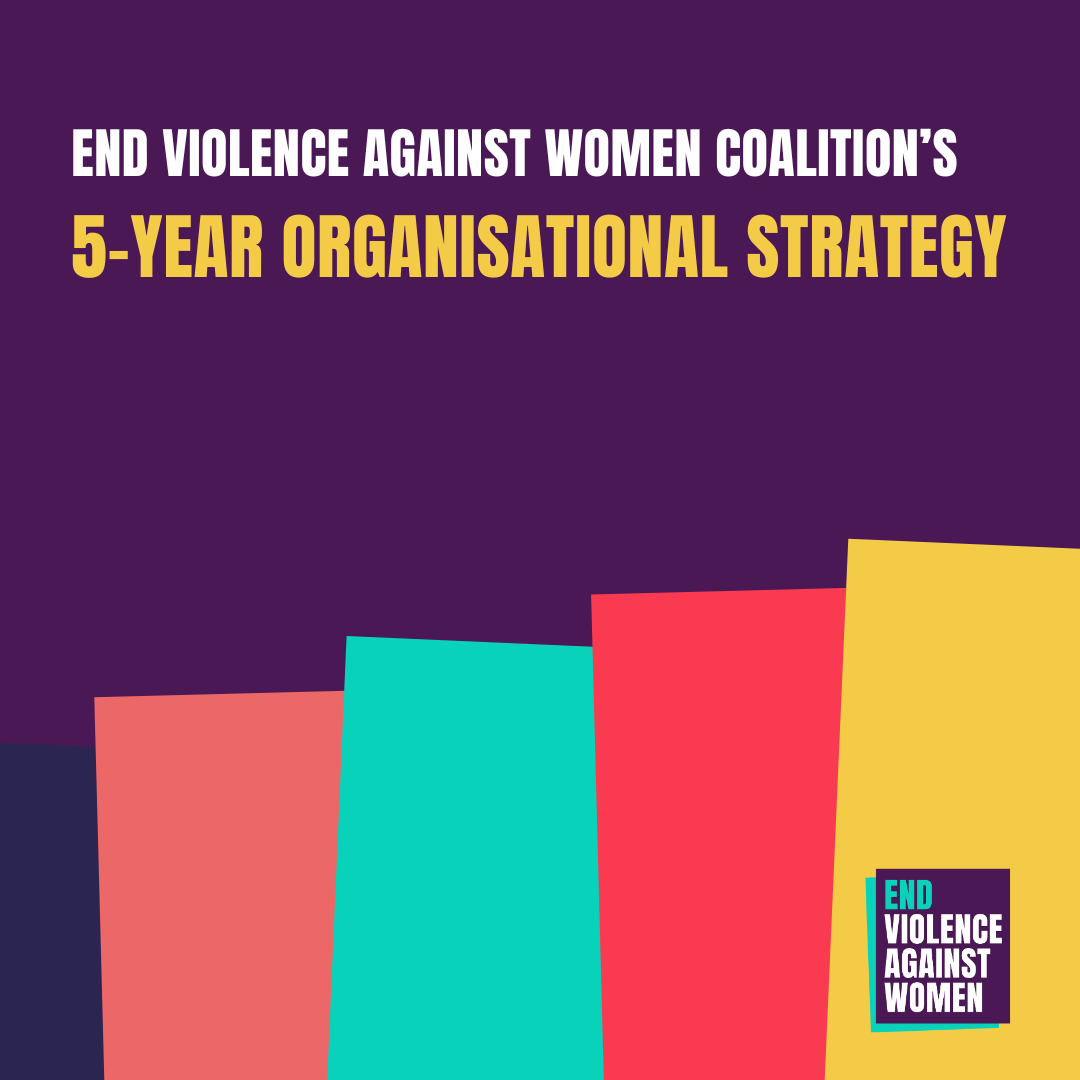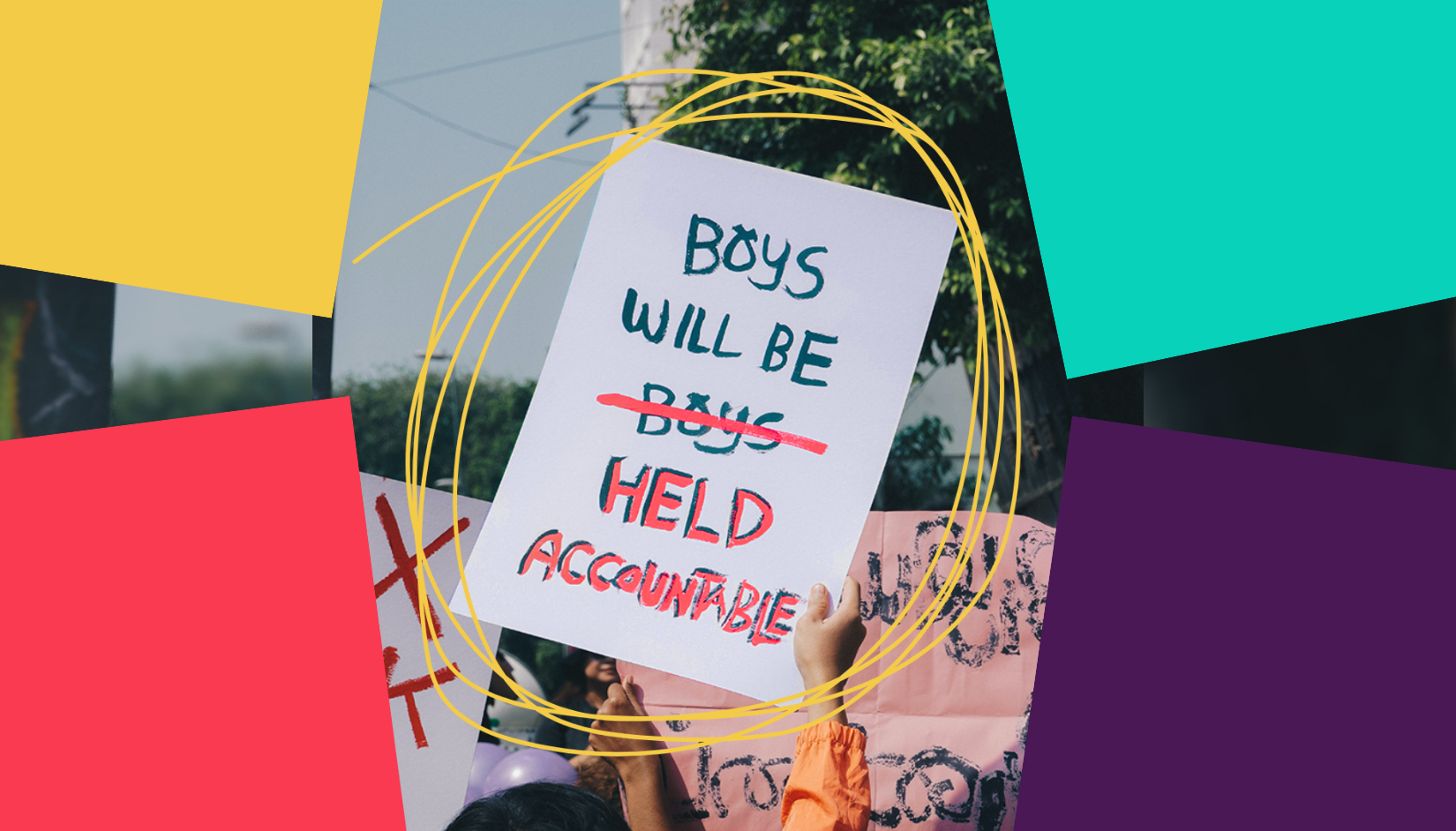 25 Jul
25 Jul
The Department for Education (DfE) has today (15th July 2025) published details of its new statutory Relationships, Sex and Health Education guidance for schools.
The End Violence Against Women Coalition (EVAW) welcomes its new focus on helping boys identify positive role models and challenging myths about women and relationships that are spread online, as well as a focus on new and emerging sexual ethics and behaviour in the online age. This includes education on the impact of AI, deepfakes and how pornography links to misogyny.
Following our campaigning for quality RSHE for all young people, we are pleased to see the guidance highlight the importance of teaching young people about what healthy relationships look like, as well as a range of harms that include those experienced online.
We are particularly pleased to see the new guidance focus on the impact of pornography on young people and specific consideration of online harms and the manosphere. However, we are clear that there must be greater focus on equipping young people with digital skills through robust media literacy that is delivered from primary onwards to ensure that children understand how to navigate the online world.
Children and young people cannot be fully protected from online harms without robust regulation. The responsibility cannot be solely on them to try and keep themselves safe online, when tech companies continue to profit from harms.
Given that girls from Black and minoritised communities and LGBTQ+ children face disproportionate levels of sexual harassment and violence, we are disappointed that the guidance does not place abuse within an intersectional framework by acknowledging the overlapping forms of harm often faced by young people.
Young people want quality relationships and sex education
EVAW’s 2023 #AboutTime research found that 80% of young girls want schools to do more to tackle sexual harassment and support young people’s sex and relationships guidance. Two years on, we welcome much of the guidance’s contents, particularly its guiding principles.
While we wait for publication of the full guidance, we call on the government to listen to young survivors and over 100,000 members of the public and make RSHE mandatory for 16-18 year olds in schools and educational settings.
Young people aged 16-19 experience greater rates of domestic abuse than any other age group, and recent data showed full-time students are more than 4 times as likely to have experienced sexual assault than those in any other type of occupation, so it is crucial that this age group are equipped with the education they need as they begin to navigate some of their first romantic and sexual relationships.
Engaging boys and young men in this education is crucial, particularly in an era when they are being continuously served extreme misogyny online. Our new report, released yesterday, provides best practice for this, in education and beyond.
Rebecca Hitchen, Head of Policy & Campaigns at the End Violence Against Women Coalition (EVAW), said:
“We welcome this new guidance and its focus on engaging boys and addressing myths and stereotypes about gender as well as porn and the rampant misogyny flooding the online world they navigate on a daily basis.
However, ensuring young people receive the high quality relationships and sex education they deserve requires much more. Details of the funding for schools attached to the new guidance, how the government plans to train and support teachers, as well as funding for specialist organisations going into schools, will be crucial to its successful implementation.
Specialist organisations like Tender, Beyond Equality, Split Banana and many others demonstrate the importance of creating specific spaces for young people to unpick and talk through the harmful messages they are exposed to about gender, consent and sexual norms. But this requires proper investment and dedicated resource.
As it stands, the legal requirement to offer relationships and sex education stops aged 16. Alongside Make It Mandatory, Sex Education Forum and sexual health charity Brook, we are campaigning for RSHE to extend all the way to 18, so that all young people can learn and develop essential life skills around sex, consent and healthy relationships, at the stage of life in which many have their first relationships.
As a society, we need to find more ways to engage men and boys in conversations about gender-based violence, because everyone benefits from tackling gender inequality and the other inequalities that shape our lives. To that end, we have produced a number of recommendations setting out how men and boys can be more involved in ending violence against women and girls.”
ENDS
Recommended ARTICLES
 25 Jul
25 Jul
 24 Jul
24 Jul
 23 Jul
23 Jul

